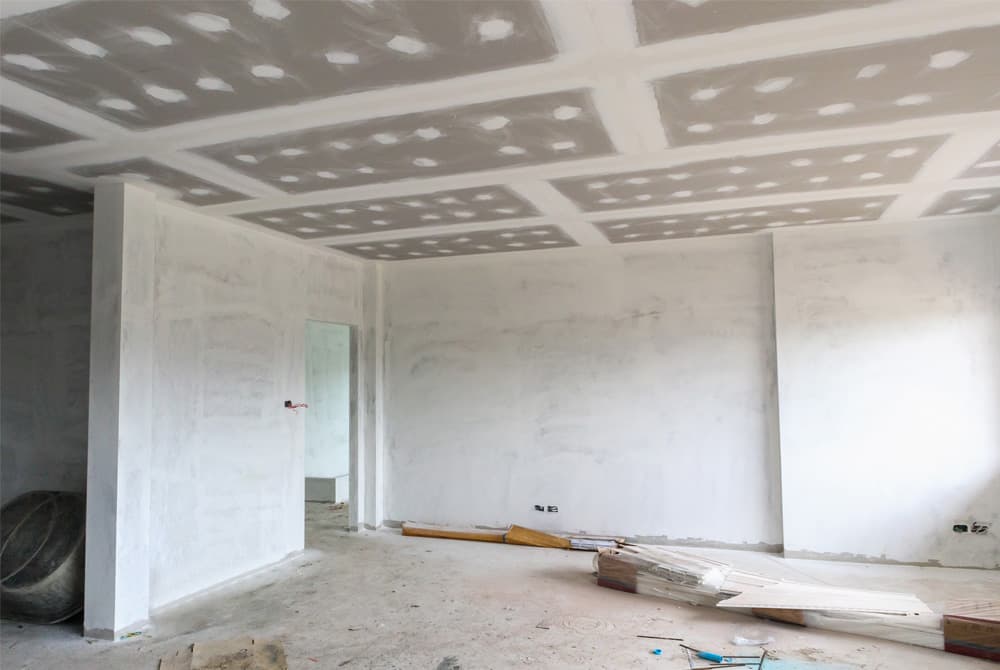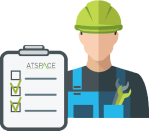
At What Stage of The Build Do I Need an Air Tightness Test?
ATSPACE / 10-08-2022Trusted by 9K+ businesses



Buildings are usually empty when tested, as it makes leakage detection easier if there are any issues with the air tightness test.
Most builders will plan the air test in the program of works before the property is handed over to a client or occupation.
The building should be tested as soon as it is complete, as all the final finish has been completed and the best chance of a successful result is possible. Once the property becomes occupied and lived in, the fabric of the building will change.
This building will settle and breathe. Shrinkage will develop on sealed and floors. By using the heating and ventilation, the air flow in the building will form its natural paths of leakage.
At ATSPACE, we can air test a building if it is empty or occupied. There is however no requirement to have the building empty for an air tightness test.
Air tightness testing is a mandatory requirement of Part L of the building regulations for a new build property, whether residential or commercial. All new build buildings must be tested. For large sites of multiple dwellings, there is a ratio where only a percentage of each house type requires an air tightness test. The building inspector dealing with your project will require a final ‘As built SAP calculation’ or ‘SBEM’ (SAP-Domestic), (SBEM-Commercial), a copy of the air test certificate and EPC to sign off your building.
The air tightness test of a building is guided by a set target within the energy calculation (SAP or SBEM). The overall calculation determines the target figure. This target figure must be met or bettered to pass the air tightness test. Currently, the maximum leakage rate allowed within the energy calculation is 10m3/(hr*m2) @50 Pa. 10 metres cubed per hour per metres squared at 50 pascals of pressure, which in layman’s terms means the building can leak no more than 10 cubic metres (10m3) of air per hour (hr) when the building pressure is at 50 pascals (@50 Pa). The leakage rate is measured against the total metres squared (m2) of the envelope's surface area. The buildings envelope is the total surface area of the floor, external walls and roof. Although the maximum leakage rate allowed within the energy calculation is 10m3/(hr*m2) @50 Pa, this number is usually lower, as it is common for the energy assessor to lower the target score to enable the overall calculation to pass.
The better the final air tightness test result, the better the energy calculation, which in turn means the final EPC (Energy Performance Certificate) will have a higher rating.
